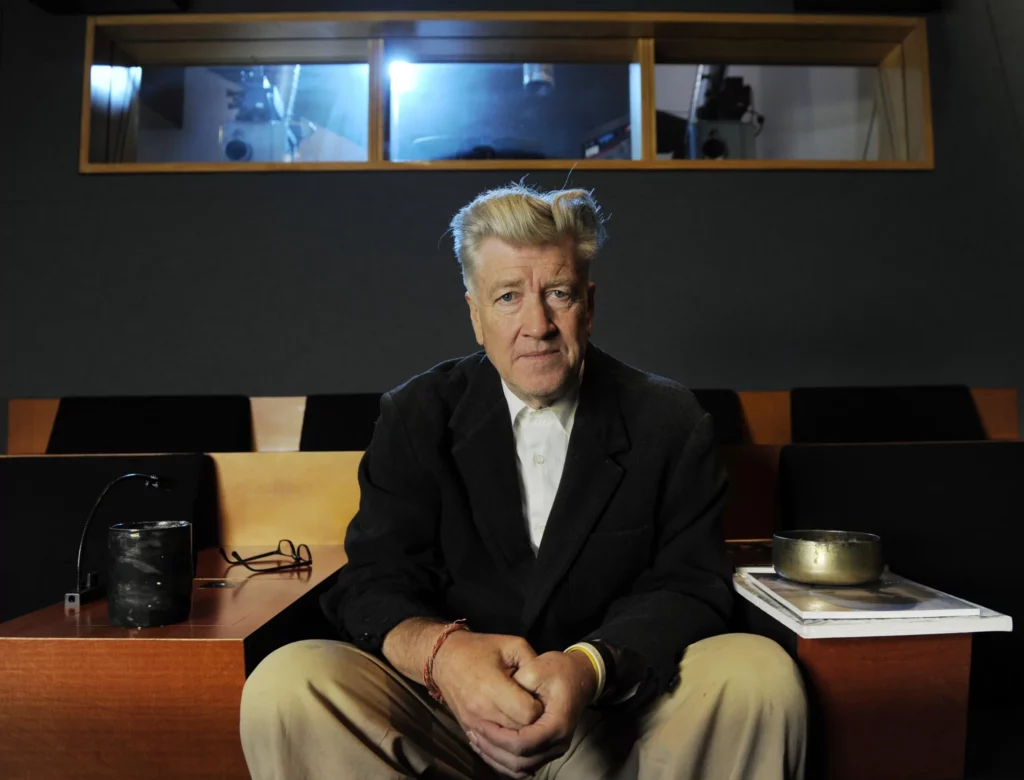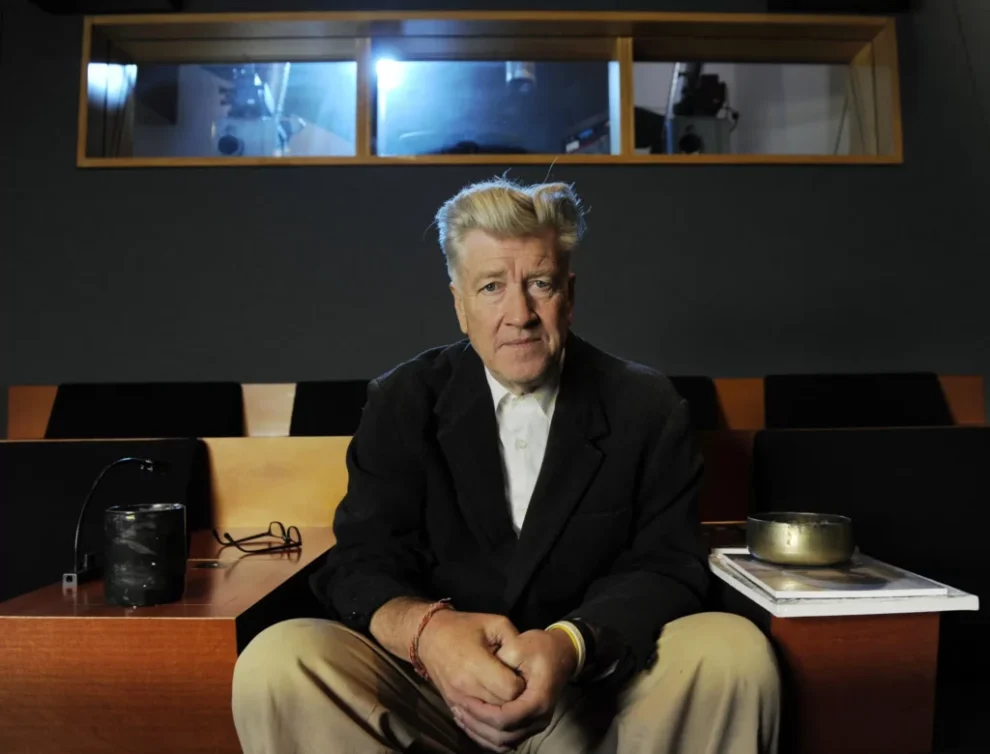To the extent the “average person” was aware of the work of David Lynch, the visionary surrealist director who died on Jan. 15 at the age of 78 after a bout with emphysema, they might have simply summed up his work as “weird.”
Which would not be strictly incorrect, given the grotesque humanoid creatures, sudden acts of extreme violence, and incongruous slapstick humor that marked his film and television oeuvre spanning more than four decades. But it’s also woefully insufficient, considering that beneath his art-damaged veneer beat an indestructibly sincere, unmistakably American genius.
It would also be insufficient given his name itself became synonymous with his own particular brand of weirdness: “Lynchian,” since at least the early 1990s, has served as shorthand for art that highlights the perversion and weirdness underpinning American life. That weirdness, more often than not, was an aesthetic wrapper for the Capra-esque moral rectitude expressed in his work, which was strengthened, not undermined, by how viscerally he depicted nightmarish violence, anguish and disorientation.

Lynch directed 10 feature films, beginning with 1977’s cult classic Eraserhead, an art-damaged, black-and-white paranoid exploration of domestic life and parenthood. But the grand themes of his life and art were expressed in a decadeslong opus comprised of Blue Velvet, his 1986 masterpiece starring Lynch’s onscreen avatar Kyle MacLachlan and a maniacal, unforgettable Dennis Hopper, Twin Peaks, the early-1990s unpredictable smash hit network TV murder mystery (along with its 1992 feature film prequel), and Twin Peaks: The Return, the show’s miraculous 2017 revival and Lynch’s artistic swan song.
Blue Velvet and the Twin Peaks saga were both set in sleepy, wooded small towns; they both featured MacLachlan as a do-gooding investigator battling his own dark side; they both seemed to suggest that just over the proverbial white picket fence lurked unspeakable, but all too commonplace, horrors. Fire Walk With Me, the Twin Peaks feature film, with its disjointed narrative and hyperstylized, disturbing depictions of rape, incest, murder, and general turpitude, is perhaps Lynch qua Lynch, a cry of existential anguish at the evils of the world panned in its own time but now embraced as a sort of skeleton key to his entire aesthetic.
But it doesn’t tell the complete story. Lynch’s storytelling is all too frequently downright silly; in The Return, a heartrending moment of grief for the murdered girl at the center of the show’s story is followed up immediately by an appearance by Michael Cera doing a purposely bad Marlon Brando impression. Twin Peaks worked as a network hit because of its distinctive weirdness and emotional power, yes, but also because it programmed for the audience like any good mass entertainment — high art, soap opera, murder mystery, and workplace comedy all rolled into one.
The combination in Lynch’s work of unflinching brutality with straightforward levity and catharsis allowed pretty much anybody who enjoys art to find something to love about it. This is a man whose work has been championed by the transgender community as emblematic of their struggles and who also credibly played the cigar-chomping, Goldwater-loving Western director John Ford in Steven Spielberg’s 2022 film The Fabelmans. In his later years, this led Lynch to become something of a remote cultural guru for aesthetes across the globe, inspired by his frequent video dispatches and painfully sincere lectures about Transcendental Meditation, which he practiced devoutly starting in the early 1970s.
Lynch was born in Montana in 1946 and lived a peripatetic lifestyle, following wherever his father’s Department of Agriculture job took their family and cultivating his sunny outsider’s worldview. In 2005’s Lynch on Lynch, he put almost too fine a point on it: “My childhood was elegant homes, tree-lined streets, the milkman, building backyard forts, droning airplanes, blue skies, picket fences, green grass, cherry trees. Middle America as it’s supposed to be. But on the cherry tree there’s this pitch oozing out. … Because I grew up in a perfect world, other things were a contrast.”
CLICK HERE TO READ MORE FROM THE WASHINGTON EXAMINER
In one of the most beautiful scenes of Lynch’s career, MacLachlan’s Blue Velvet protagonist looks over the existential abyss after witnessing Hopper’s demonic, joyriding gangster abuse the mother of his child. “Why are there people like Frank?” he asks Laura Dern with tears in his eyes. “Why is there so much trouble in this world?” Coming in the middle of such a sophisticated film, with such a seemingly bleak worldview, the childlike plaintiveness of the question has never failed to induce tears of my own. Churchlike organ music plays softly, and Dern explains a dream she had where “thousands of robins flew down and brought this blinding light of love,” banishing said trouble.
Lynch made that dream feel just as real as he did the evil that so sadly makes it necessary. A world full of dreamers still awaits its fulfillment.
Derek Robertson co-authors Politico’s Digital Future Daily newsletter and is a contributor to Politico Magazine.
























